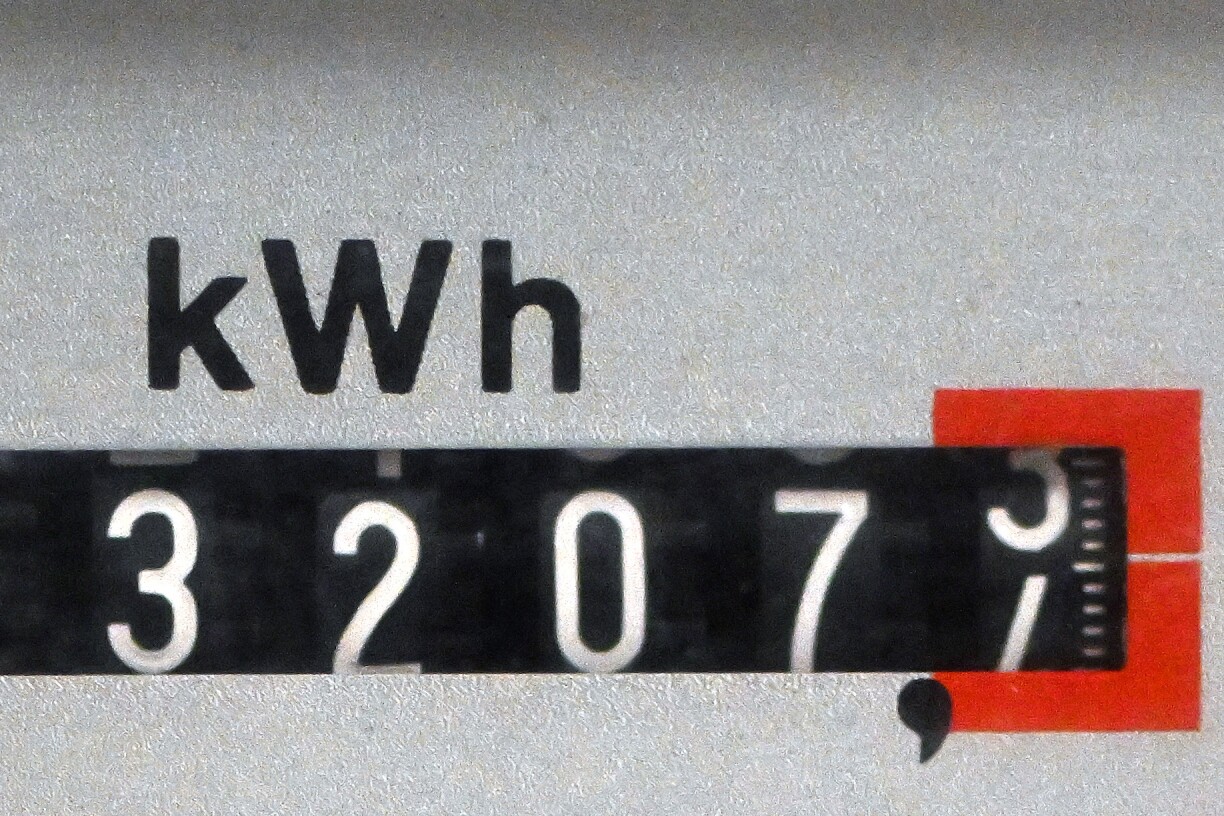
Opposition parties have criticised the lack of concrete measures revealed by the Prime Minister on Friday.
MP Fred Keup from the Alternative Democratic Reform Party (adr) dismissed Bettel’s performance, saying he had appeared “close to tears”, and went on to say he did not think many people would take Minister for Energy Claude Turmes seriously, adding Turmes had not said anything of note. Keup also criticised the ministers’ answers to journalists’ questions, saying they had failed to provide concrete and sufficient responses.
The adr MP said the government’s performance on Friday left the impression that they had no real plan.
Read also: Analysis: Bettel says little - but EU action is key to reining back energy costs
In general, the opposition parties expressed disappointment at the lack of concrete measures announced on Friday, although they themselves failed to express any alternative solutions to the looming energy crisis.
Keup suggested the fuel discount could have been extended further, and added the government should try to negotiate more gas supplies with Russia.
MP Gilles Roth from the Christian Social People’s Party (CSV) reiterated his party’s demands for an energy bonus to relieve households, as well as tax relief to offer people more purchasing power in light of rising prices.
Roth also believes that wage indexations should not be postponed indefinitely, “particularly in times like these.”
Meanwhile, the Left Party (Déi Lénk) believes that the next wage indexation in autumn is non-negotiable. Left Party Spokesman Gary Diederich stated that the next wage indexation “must be paid out.”
Even if this is happens, however, Diederich contends that it is not “an achievement” because the previous wage indexation has already been postponed. According to the Left Party, a “successful” tripartite agreement must include a ban on further wage indexation deferrals.
In addition, businesses should receive “targeted aid.”
The Pirate Party also expected the introduction of financial aid for the population before the end of the tripartite and reiterated their own demand that residents receive a monthly energy cheque for €150, capped at four times the minimum wage, until a long-term solution is found.